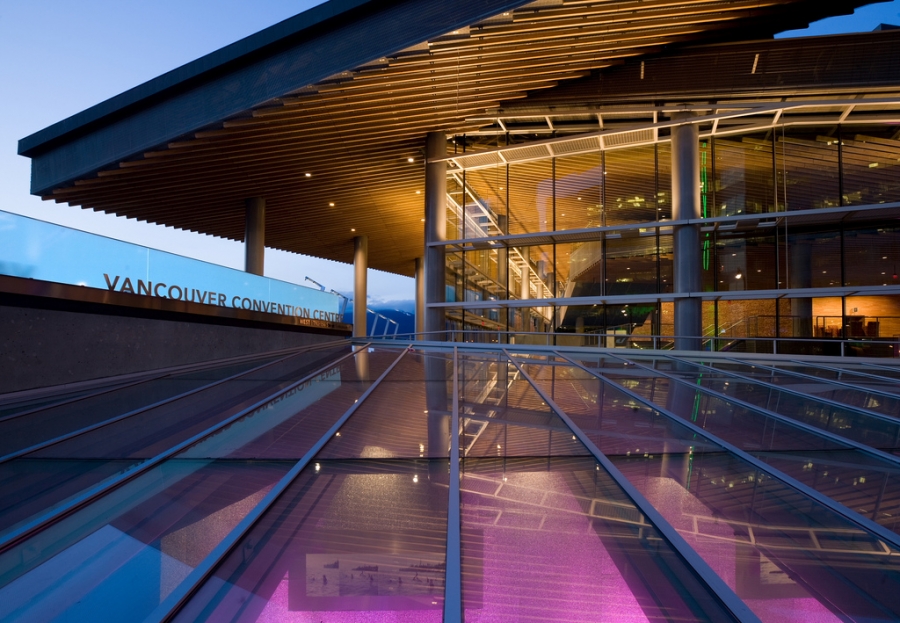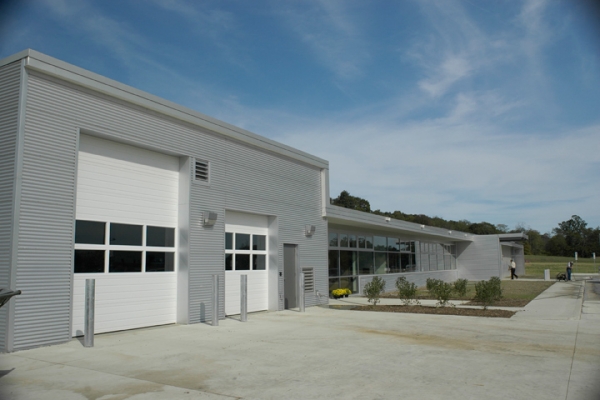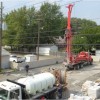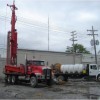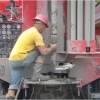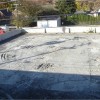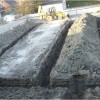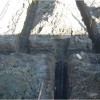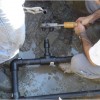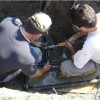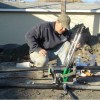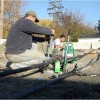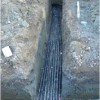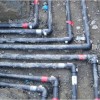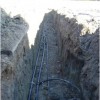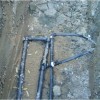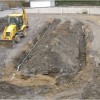ROI Behind Geothermal Systems
As the green building movement begins to hit its stride, geothermal systems are quickly gaining prominence as efficient and attractive choices for projects featuring alternative energy. Although fewer subsidies for geothermal systems are available when compared to solar, the initial investment for the installation of a geothermal system can be lower. This makes a geothermal systemís return on investment (ROI) extremely favorable. It is this financial analysis that may lead to the inclusion of geothermal systems in more building projects as its awareness grows.
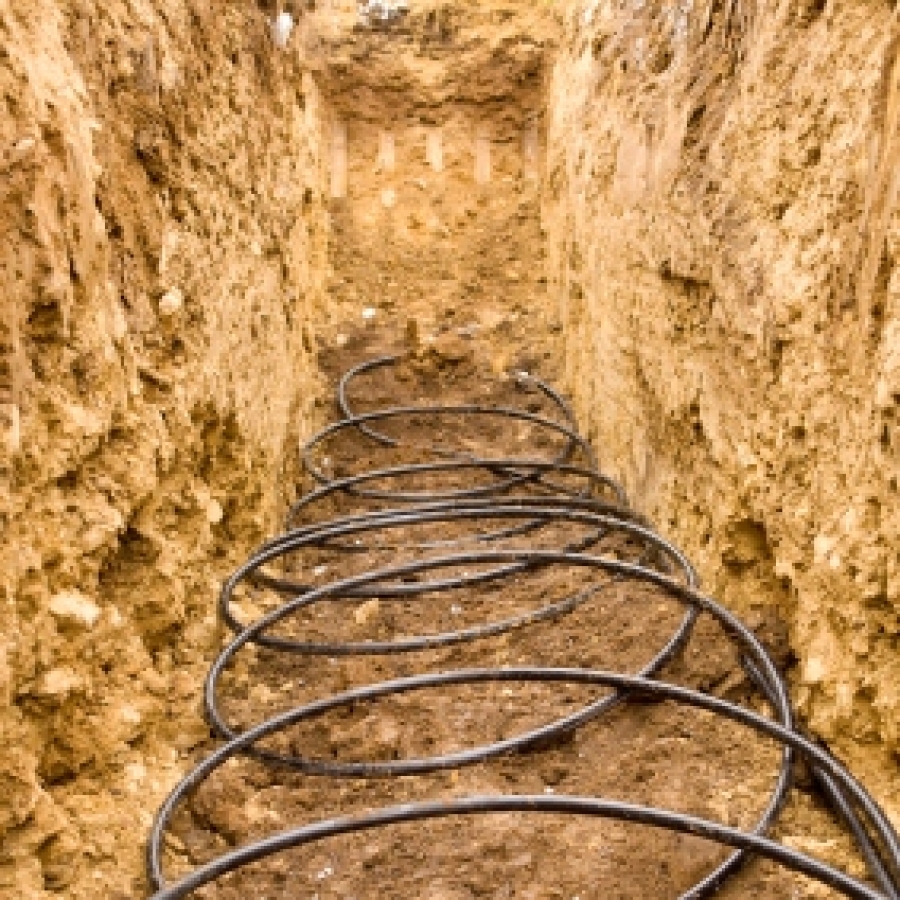
†
†
In examining the ROI of a geothermal system, it is best to look at a successfully completed project. (This will eliminate the complex assumptions that come with analyzing a hypothetical geothermal system.) Fortunately, successfully completed geothermal projects are abundant, including Strategic Energy Solutionsí Berkley, Michigan, headquarters.
Strategic Energy Solutions (SES) is an engineering firm located just outside of Detroit, Michigan. They specialize in mechanical, electrical, and geothermal design and construction services, as well as energy and facility management. In 2009, with the intent of practicing what they preach, Strategic Energy Solutions moved into their new LEED Gold-certified headquarters. According to SES president Steven DiBerardine, the firm wanted to create a geothermal showcase of sorts within this 9,200 sq. ft. (854.7 m2), completely renovated, former industrial building. Not only did they provide a physical showcase for geothermal systems, but they succeeded in providing a financial showcase as well.
SES's Geothermal System Costs
SESís geothermal project consisted of 16 vertical bores of 200í (60.7 m) each to complete their ground loop system, which cost $50,000 or $5.43 per square foot. This provides their building with additional capacity for future office expansion. In addition, an interior piping and pumping system was required at a cost of $15,000 or $1.63 per square foot. That puts the total geothermal premium cost at $65,000 or just over $7 per square foot, which complements a conventional HVAC cost of $71,000 or $7.72 per square foot, bringing the total cost of the system (conventional plus geothermal) to $136,000 or $14.78 per square foot. This up-front expense was slightly offset by a 10% Business Energy Investment Tax Credit. The project also qualified for tax deductions as well as accelerated depreciation. It is worth noting that bonus depreciation is now available for projects done in 2010 or later. Many of these incentives can be reviewed in detail at Federal Grants Wire and the Database of State Incentives for Renewables and Efficiency.
ROI Behind SES's Geothermal System
While incentives considerably decreased the up-front costs of SESís geothermal system, the annual energy savings is the most impressive part of this project. As a result of the geothermal system, the building has seen a savings of $6,000 per year (or 65 cents per square foot) when compared to baseline building performance standards. The geothermal system also contributed to an overall energy savings of 42% for the entire building. For these reasons, SES has recovered the geothermal premium cost very quickly; this geothermal system will have a simple payback period of 10.8 years based on its projected energy savings alone and a payback period of 2.8 years when including incentives and accelerated depreciation. That leaves the project with nearly a 50% ROI for the first year, more than a 30% ROI in the second year, and almost a 25% ROI in the third year (including incentives, accelerated depreciation, and energy savings). Overall, installation of this geothermal system proved to be a great investment for SES. In addition, the ROI of this project proves that installation of a geothermal system can be an excellent option for any alternative energy project.

Michael Tolson MBA, LEED AP
Michael Tolson is an entrepreneur focusing on "green" real estate development in Toledo, OH and surrounding areas. He currently owns Tolson Construction, and The Tolson Development Company. In an attempt to further drive businesses, Michael has completed an Executive MBA and a Graduate Specialization in finance from the University of Toledo. His companies focus on commercial and residential buildings using the United States Green Building Councilís LEED rating system. With this in mind, Michael has earned his LEED Accredited Professional designation.

